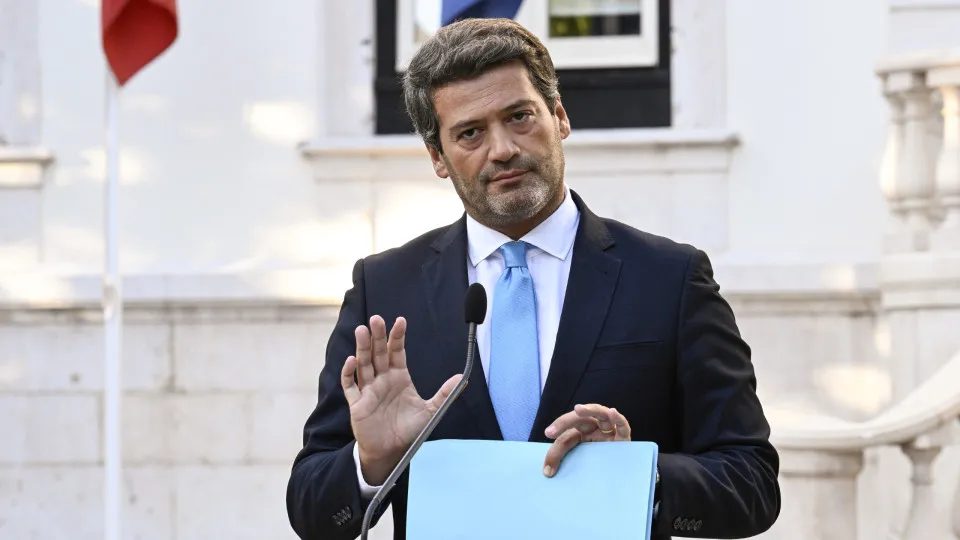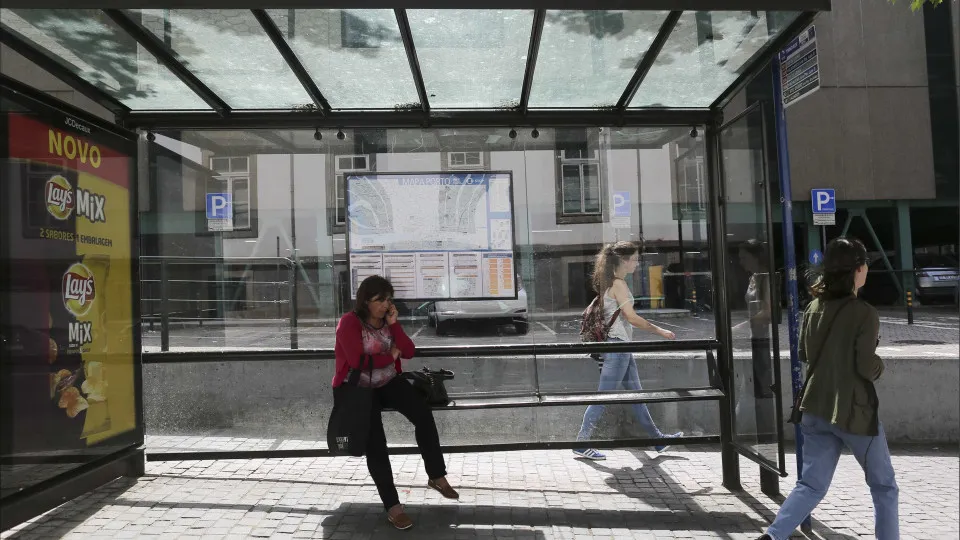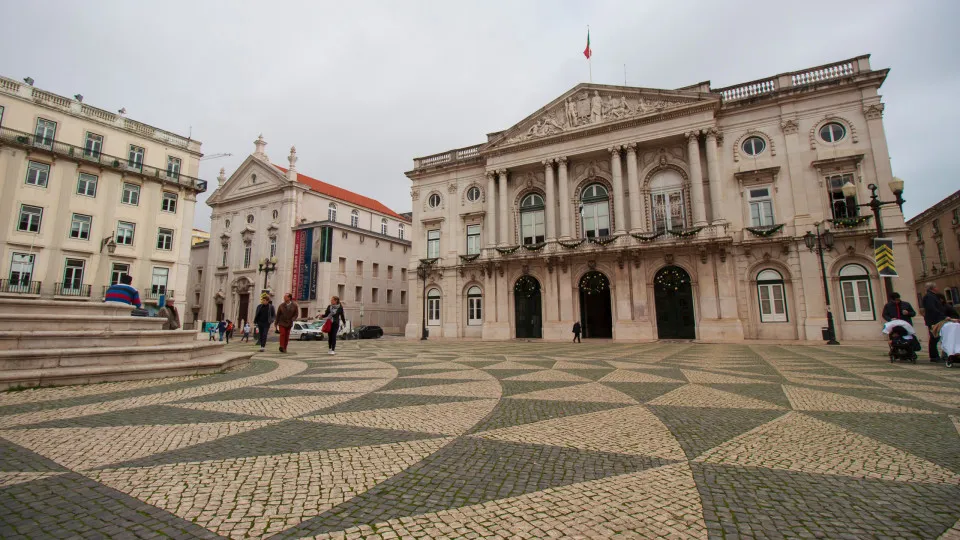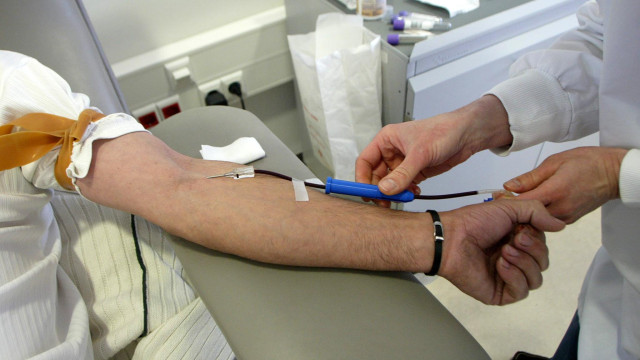
In the first of 28 direct confrontations among eight presidential candidates on TVI, Antonio José Seguro and André Ventura engaged in an intense exchange of arguments and accusations, differing on issues like immigration, presidential powers, and labor legislation.
André Ventura, the leader of Chega, attempted to link Antonio José Seguro, supported by the PS, to the “legacy” of the socialist governance. The former socialist secretary-general retorted, “If the deputy wants to debate with the PS, I will give him Dr. José Luís Carneiro’s phone number, and he can debate with him.”
“I think the deputy is in the wrong election because, in truth, he should be in the legislative elections. Just six months ago, he asked the Portuguese to vote for him, and now he disregarded those votes and is running for President. Don’t you think this breaches the trust contract the Portuguese gave you when they voted for you?” Seguro questioned.
Ventura responded that he would only be in the “wrong election if being President is just a decorative role,” which he denied it was.
“Let me tell you why I am in the right election. I am the President who wants to shake things up, to prevent the usual chit-chat from continuing as the discourse leading people to the Presidency,” countered the Chega leader.
Seguro brought his proposed health pact, which he has been advocating, and made a point to hand a copy to Ventura during the debate, explaining he did so in his capacity as party leader, a role in which he hopes to receive Ventura “in Belém in four months.”
“I see what you say and see you have no solution whatsoever. You have the same talk they had for 50 years about health, leading to the state we’re in,” Ventura replied upon receiving the document, asserting that the solution for health is “to put the Portuguese first.”
The presidential candidate supported by the PS accused the Chega leader of “stigmatizing minorities,” including immigrants coming to Portugal to work, using false data about access to healthcare.
At that moment, Seguro referenced Ventura’s 2013 doctoral thesis to attack him, asserting that, at that time, his opponent was “on the right side” and highlighted “stigmatization of minorities.”
“Do you know how much we waste and commit fraud in health every year? It’s more than a billion euros annually in waste. If you want to do something, start by addressing this,” Ventura replied.
At the debate’s outset, with limited opportunities for moderator questions, labor law revision was discussed.
“The country doesn’t need a revision of labor legislation on these terms. These terms are deeply unbalanced, didn’t go to vote, weren’t part of the government parties’ electoral program, and infringe on workers’ rights,” Seguro emphasized, underlining that “the right to strike is a legitimate right.”
Ventura supported revising labor legislation but not the government’s proposed draft, criticizing measures such as reducing breastfeeding rights, considering that while workers have the right to strike, affected users are also entitled to compensation.
Regarding modifying the semi-presidential system to grant the President more powers, the Chega leader agreed, wanting to ensure the head of state plays “a more vigilant and active role.”
Seguro had a different view, seeing “absolutely no need” to change the political system in Portugal, “especially not in an electoral campaign,” arguing that the problem lies in “how it’s governed,” with too much “blame-shifting,” which he accused Ventura of doing.




